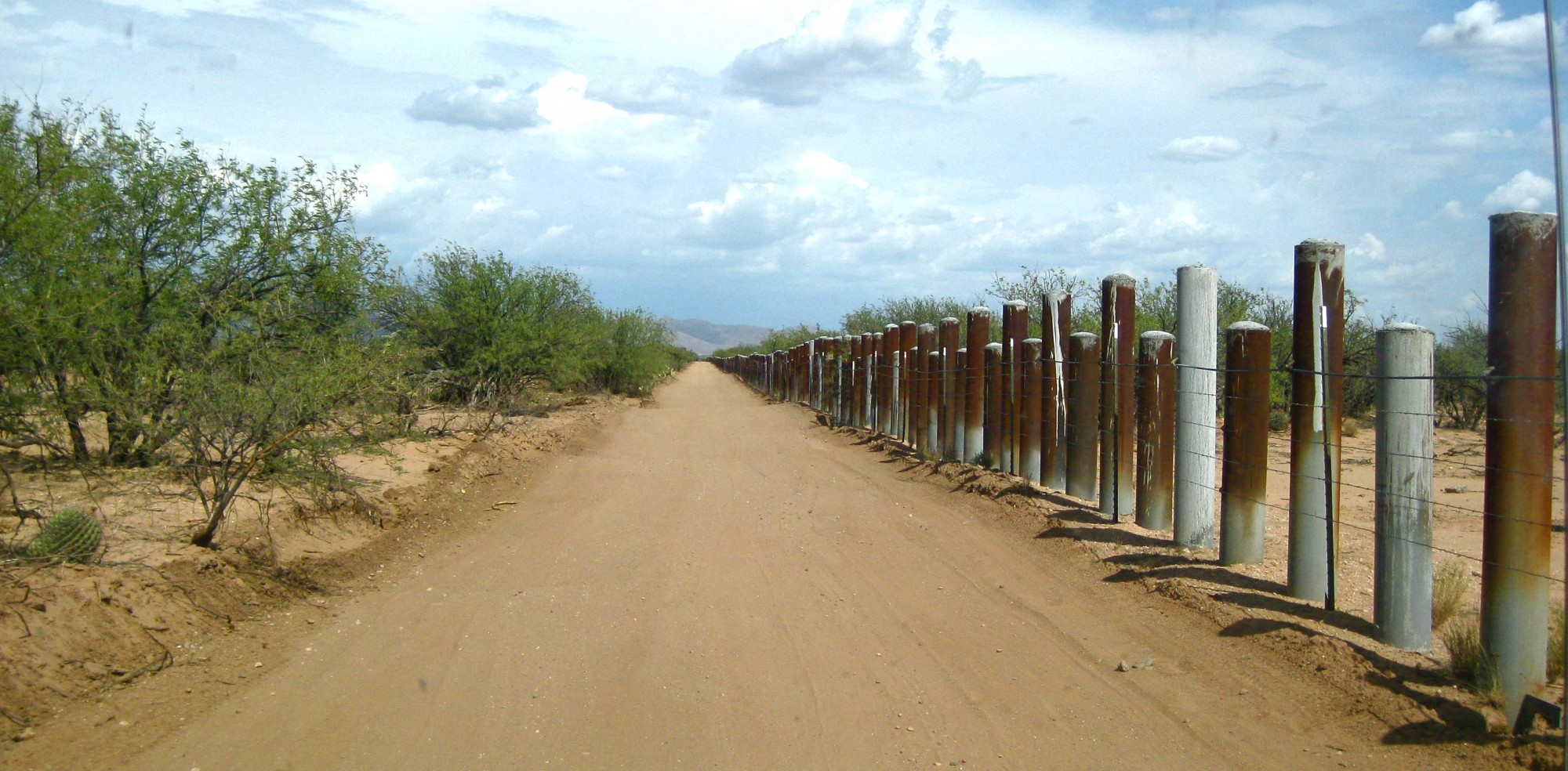English (se puede encontrar una traducción a bajo):
Bernie Hernandez has been around farms in the United States. Since he arrived in the country twelve years ago, he has worked on thirty-five farms across the USA where he has faced difficult work and often unreasonable bosses. Like most migrant workers, he endured a harrowing crossing of the border from Mexico to the United States in order to find work. As part of the journey, he and other travellers had to jump onto a train. A woman leapt for the train with the others, but fell and was killed. After he crossed the border, Bernie worked in many places, finally ending up at a dairy farm in Vermont.
Bernie works extremely hard. His day starts at 4:30 in the morning when he readies the milking parlor with clean towels and the equipment needed to milk the farm’s cattle herd. The hours are long and demanding with little time to eat or even sleep. A migrant worker at another farm said he sometimes goes ten hours without being allowed to eat. Although Bernie is currently in a better situation than his fellow worker, he suffered plenty of harsh bosses in the past. At one farm, he was not paid for two months. When he told his boss he was leaving the farm because he was not getting paid, the owner of the farm made him wait another two weeks before giving Bernie the money he was owed. Bernie simply could not leave until his boss decided to give him his salary. He was completely powerless to force the issue since he had nowhere to turn as an unsanctioned immigrant.
Many of the migrant workers on the Vermont dairy farms feel the same helplessness Bernie experienced in that situation. They are essentially stuck on the farms until their bosses offer, or they pay, to be transported off the farm. Bernie and others afraid to be picked up by the US Immigration and Customs Enforcement (ICE) giving them yet another reason to stay close to their employer’s farms. Thus, loneliness and boredom are common.
But Bernie, at least, has finally found a farm where he believes he is respected. His employers listen to his opinions and he is treated as a human rather than as a piece of machinery. This is only the second farm out of thirty-five where he feels he is in a positive position, showing the hardships migrant workers must endure in their jobs. To spread this more just treatment Bernie currently experiences, he and other workers are trying to convince the Vermont government to give them drivers’ licenses. A state issued ID is one step closer to ensuring workers like Bernie, who are imperative to the dairy industry of Vermont, are treated as people deserving of basic rights of freedom and dignity.
Español
Bernie Hernández ha viajado alrededor de granjas en los Estados Unidos. Desde que llegó al este país hace doce años, él ha trabajado en treinta y cinco granjas en los EE.UU., donde ha enfrentado a un trabajo difícil y a menudo jefes poco razonables. Al igual que la mayoría de los trabajadores migrantes, que soportó una terrible travesía de la frontera de México a los Estados Unidos con el fin de encontrar trabajo. Como parte del viaje, él y otros viajeros tuvieron que saltar a un tren. Una mujer saltó del tren con los demás, pero se cayó y se mató. Después de cruzar la frontera, Bernie trabajó en muchos lugares, finalmente terminando para arriba en una granja en Vermont.
Bernie trabaja muy duro. Su día comienza a las 4:30 de la mañana, cuando él prepara la sala de ordeño con toallas limpias y el equipo necesario para ordeñar las vacas. Sus horas son largas y exigentes con poco tiempo para comer o dormir. Un trabajador migrante en otra granja dijo que a veces pasa diez horas sin poder comer. Aunque Bernie se encuentra actualmente en una situación mejor que su compañero de trabajo, sufrió un montón de jefes difíciles en el pasado. En una granja, por ejemplo, no se pagaba por dos meses. Cuando le dijo a su jefe que estaba saliendo de la granja porque no estaba pagando, el dueño de la finca le hizo esperar otras dos semanas antes de dar a Bernie el dinero que se le debía. Bernie simplemente no podía salir hasta que su jefe decidió darle su salario. Él era completamente incapaz de forzar la situación ya que él tenía a quién recurrir como inmigrante no autorizada.
Muchos de los trabajadores migrantes en las granjas lecheras de Vermont sentir la misma impotencia como Bernie experimentado en esa situación. Son esencialmente atrapados en las granjas hasta que sus jefes ofrecer, o que pagan, para ser transportados fuera de la finca. Bernie y otros tienen miedo de ser recogidos por el Servicio de Inmigración y Control de Aduanas de EE.UU., dándoles una razón más para estar cerca de las granjas de sus empleadores. Por lo tanto, la soledad y el aburrimiento son comunes.
Pero Bernie, por lo menos, por fin ha encontrado una granja en la que él cree que es respetado. Sus empleadores escuchar sus opiniones y se le trata como a un ser humano y no como una pieza de maquinaria. Esta es sólo la segunda granja de treinta y cinco, donde siente que está en una posición positiva, mostrando las dificultades que los trabajadores migrantes deben soportar en sus puestos de trabajo. Para difundir este tratamiento más justo Bernie actualmente experimenta, él y otros trabajadores están tratando de convencer al gobierno de Vermont para dar licencias de conducir. Una identificación emitida por el estado es un paso más para asegurar que los trabajadores, como Bernie, que son imprescindibles para la industria láctea de Vermont, son tratados como personas merecedoras de los derechos básicos de libertad y dignidad.
